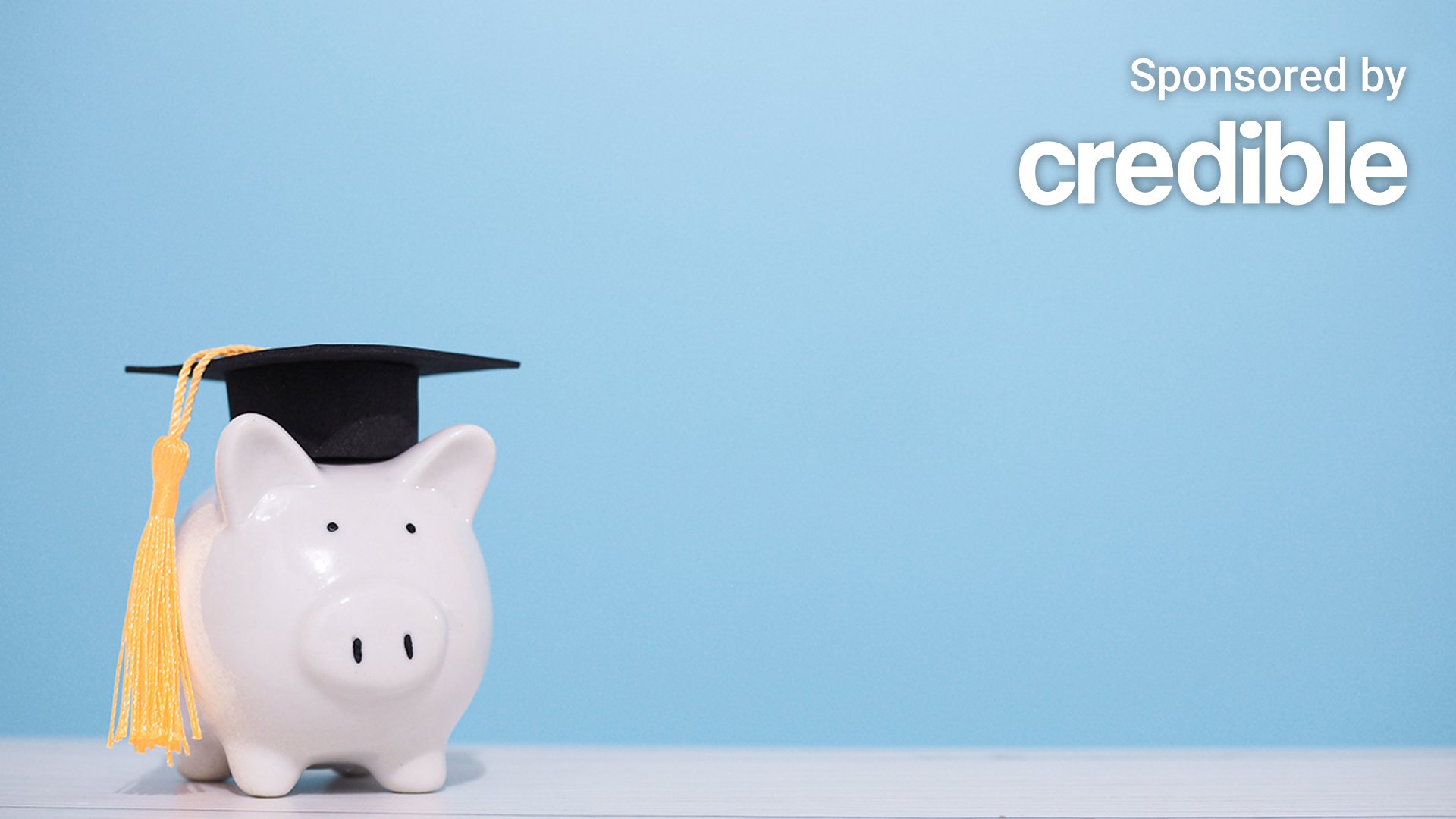
President Joe Biden's administration has asked the Supreme Court to lift a block on the Saving on a Valuable Education (SAVE) plan, which is designed to ease the burden of student loan debt for millions of borrowers.
Biden introduced SAVE after the Supreme Court struck down Biden's student loan forgiveness plan. The White House said that the SAVE plan could lower borrowers' monthly payments to zero dollars, reduce monthly costs in half and save those who make payments at least $1,000 yearly. Additionally, borrowers with an original balance of $12,000 or less will receive forgiveness of any remaining balance after making 10 years of payments.
Legal challenges from Republican-led states resulted in a temporary block of the program until the litigation concluded. The 8th Circuit Court of Appeals issued a preliminary injunction blocking the SAVE student loan repayment plan. The block prevents the Department of Education from offering the plan while litigation continues. In the meantime, borrowers enrolled in the SAVE Plan are being moved into forbearance while the Biden administration defends the plan in court.
"We remain committed to supporting borrowers and fighting for the most affordable repayment options possible for millions of people across the country," U.S. Secretary of Education Miguel Cardona said in a statement. "Already, we've approved $169 billion in relief for nearly 4.8 million Americans entitled to relief under various programs, including teachers, veterans, and other public servants; students who were cheated by their colleges; borrowers with disabilities; and more. President Biden, Vice President Harris, and I are committed to fighting for college affordability for all."
Private student loan borrowers can't benefit from federal loan relief. But you could lower your monthly payments by refinancing to a lower interest rate. Visit Credible to speak with an expert and get your questions answered.
PRIVATE STUDENT LOAN FORGIVENESS: 7 OPTIONS
Roughly 40% of borrowers are current on their student loan payments since they resumed in October following a three-year pause due to the COVID-19 pandemic, according to a recent Government Accountability Office report.
As of January 31, 2024, nearly a quarter of borrowers in repayment (7.3 million) were enrolled in the SAVE repayment plan. Because of the court order injunction, these borrowers will not have to make payments on their student loans while the litigation is ongoing and will not accrue interest on their loans during the forbearance.
However, the time spent in forbearance won't count towards Public Service Loan Forgiveness (PSLF) and Income-Driven Repayment (IDR) forgiveness. PSLF forgives federal student loans after 10 years of qualifying payments, or 120 payments, for borrowers who work full-time for a qualifying government or nonprofit organization. IDR plans have a loan forgiveness benefit after a required repayment term of 20 or 25 years, depending on the plan.
"This injunction, if allowed to stand, would harm borrowers who have dutifully repaid their loans for up to 25 years by denying forgiveness that has been available under law for three decades," Cardona said.
If you're having trouble making payments on your private student loans, you won't benefit from federal relief. However, you could consider refinancing your loans for a lower interest rate to lower your monthly payments. Visit Credible to get your personalized rate in minutes.
HOW MUCH CAN I BORROW IN STUDENT LOANS?
According to a recent AP-NORC Center for Public Affairs poll, less than half of Americans (39%) said they supported federal student debt cancellation.
Americans were more likely to support forgiveness of some or all of a student loan debt in certain situations, like if the borrower was defrauded or misled by their school or in cases where the borrower made on-time payments for 20 years or the loans accrued more interest than originally borrowed. Other reasons Americans may support debt cancellation is if the borrowers attended school at an institution that left them with a large amount of debt compared to their income or if they are experiencing financial hardship.
"In recent years, more than a million borrowers who were defrauded by the schools they attended have received debt relief from the government, and the survey shows that forgiveness under such circumstances is supported by a majority of Americans," University of Chicago Harris School of Public Policy Associate Professor Lesley Turner said. "Although existing forgiveness policies may receive less attention than broad-based student loan forgiveness plans, such as the one overturned by the Supreme Court in 2023, they are an important source of relief for the most vulnerable borrowers – those who took on debt but did not necessarily benefit from their investment in the ways they hoped."
If you hold private student loans, you could lower your monthly payments by refinancing to a lower interest rate. Visit Credible to speak with an expert and get your questions answered.
HOW TO PAY FOR COLLEGE: 8 STRATEGIES TO SAVE MONEY
Have a finance-related question, but don't know who to ask? Email The Credible Money Expert at moneyexpert@credible.com and your question might be answered by Credible in our Money Expert column.
source https://www.foxbusiness.com/personal-finance/biden-supreme-court-student-loan-repayment-plan

0 Comments